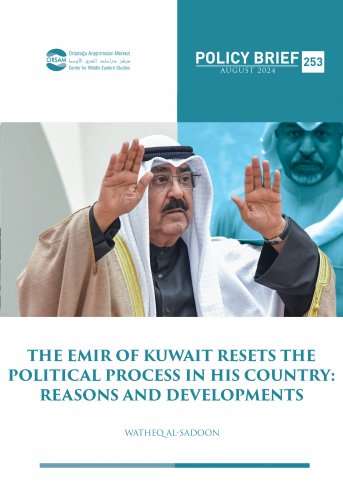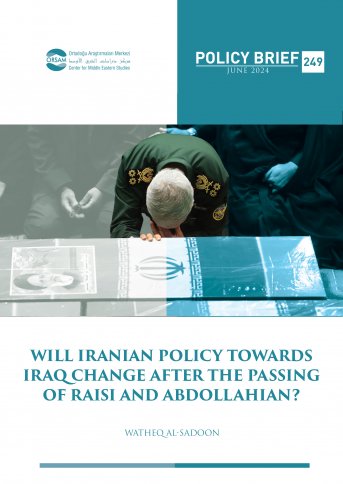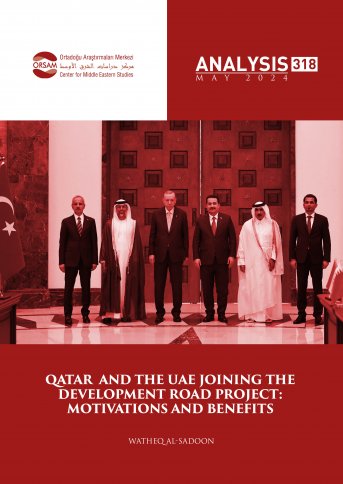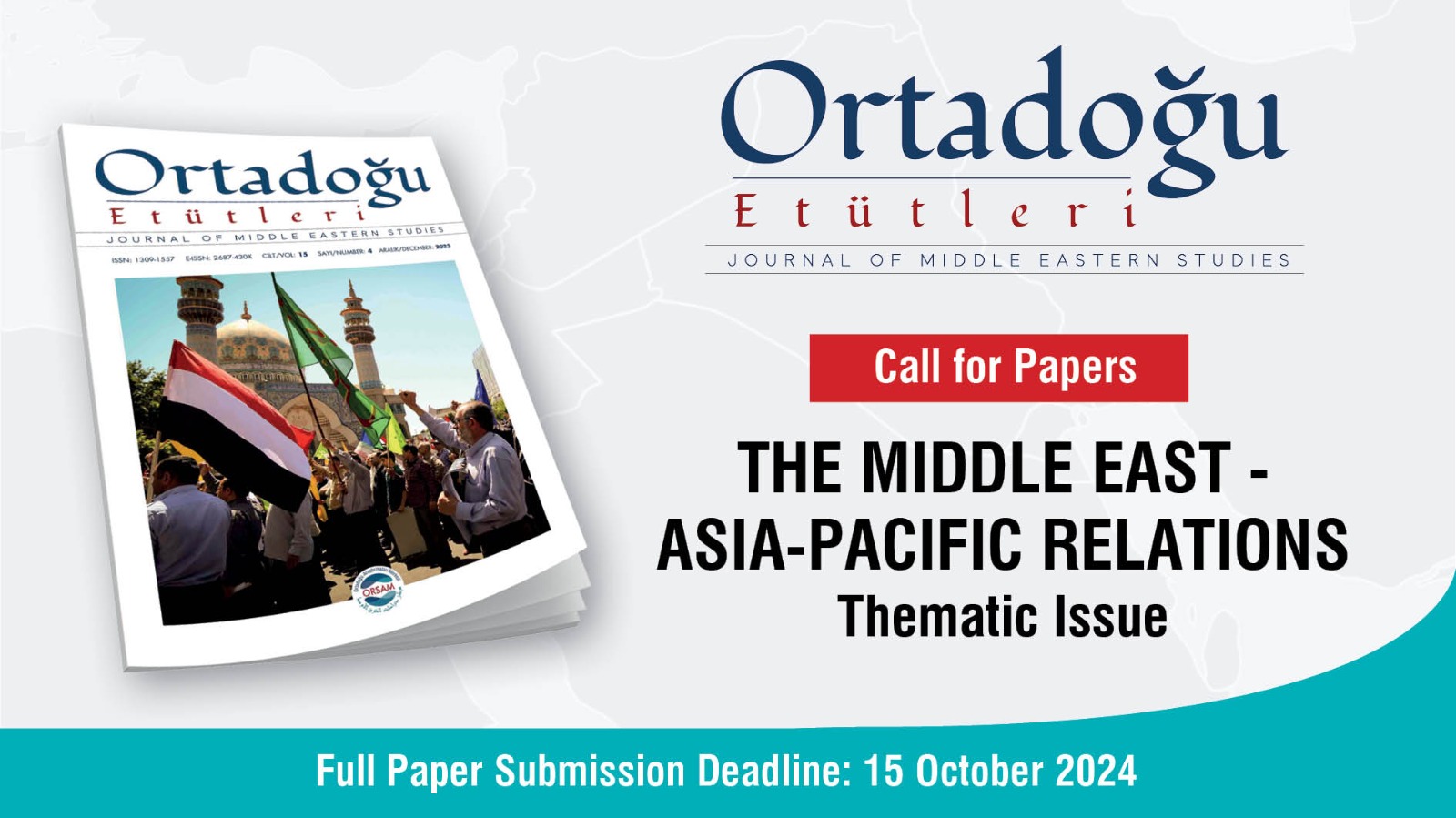
The Emir of Kuwait Resets the Political Process in His Country: Reasons and Developments
Preface
Political activity in Kuwait evolved after its independence in 1961, expanding vertically through the establishment of constitutional political formations that kept pace with political modernization in the region and the world. It also expanded horizontally, including all segments of Kuwaiti society in political participation and influencing political decision-making. Kuwait became a participatory emirate, its political system combining elements of both monarchical and parliamentary systems.
Despite all stages of political development and expansion in Kuwait, the country's fundamental decision-making structures have remained unchanged, adapting themselves to political openness. Additionally, internal political problems and crises have also been recurring for decades. Most Kuwaitis believe that the ongoing political disagreements hinder economic reforms in their country, thereby delaying Kuwait's integration into the economic renaissance witnessed by their neighbouring Gulf countries. As a result, the Kuwaiti economy remains, to this day, heavily dependent on oil revenues.
On May 10, 2024, the Emir of Kuwait, Sheikh Mishal Al-Ahmad Al-Jaber Al-Sabah, issued a decree dissolving the National Assembly (the Kuwaiti Parliament). The Emir and the Cabinet took charge of the duties and authorities of the National Assembly, and some articles of the constitution were suspended for a period not exceeding four years, during which all aspects of the country's democratic process would be studied and evaluated. Two days after this decision, Sheikh Mishal Al-Ahmad issued a royal decree forming a new government consisting of 13 ministers, headed by Sheikh Ahmed Abdullah Al-Ahmad Al-Sabah, who specialises in economics.
This step was anticipated, as Kuwait had been experiencing a state of "political paralysis" for months, if not years, before this action. The tension between the National Assembly and the government in Kuwait had reached dead ends, restricting the government's work internally and weakening its dynamism regionally and internationally. In his speech announcing these measures, Sheikh Mishal Al-Ahmad stated: "The turmoil in the political scene in the country has reached a stage where I can no longer remain silent. Duty obliges us to take all necessary measures to achieve the highest interest of the country."
The articles of the constitution that were suspended are: 51, 65, 71, 79, 107, 174, and 181. All these articles pertain to the role of the National Assembly as a legislative authority and regulate the relations between the Emir, the parliament, and the government within a governance system based on the separation of powers with cooperation, according to Article 50 of the current Kuwaiti constitution.








